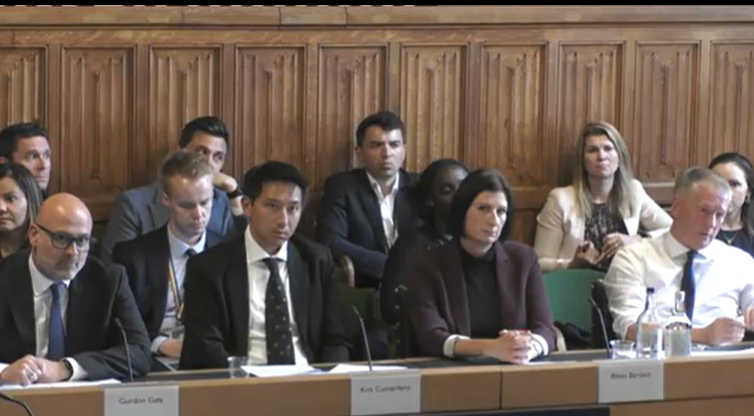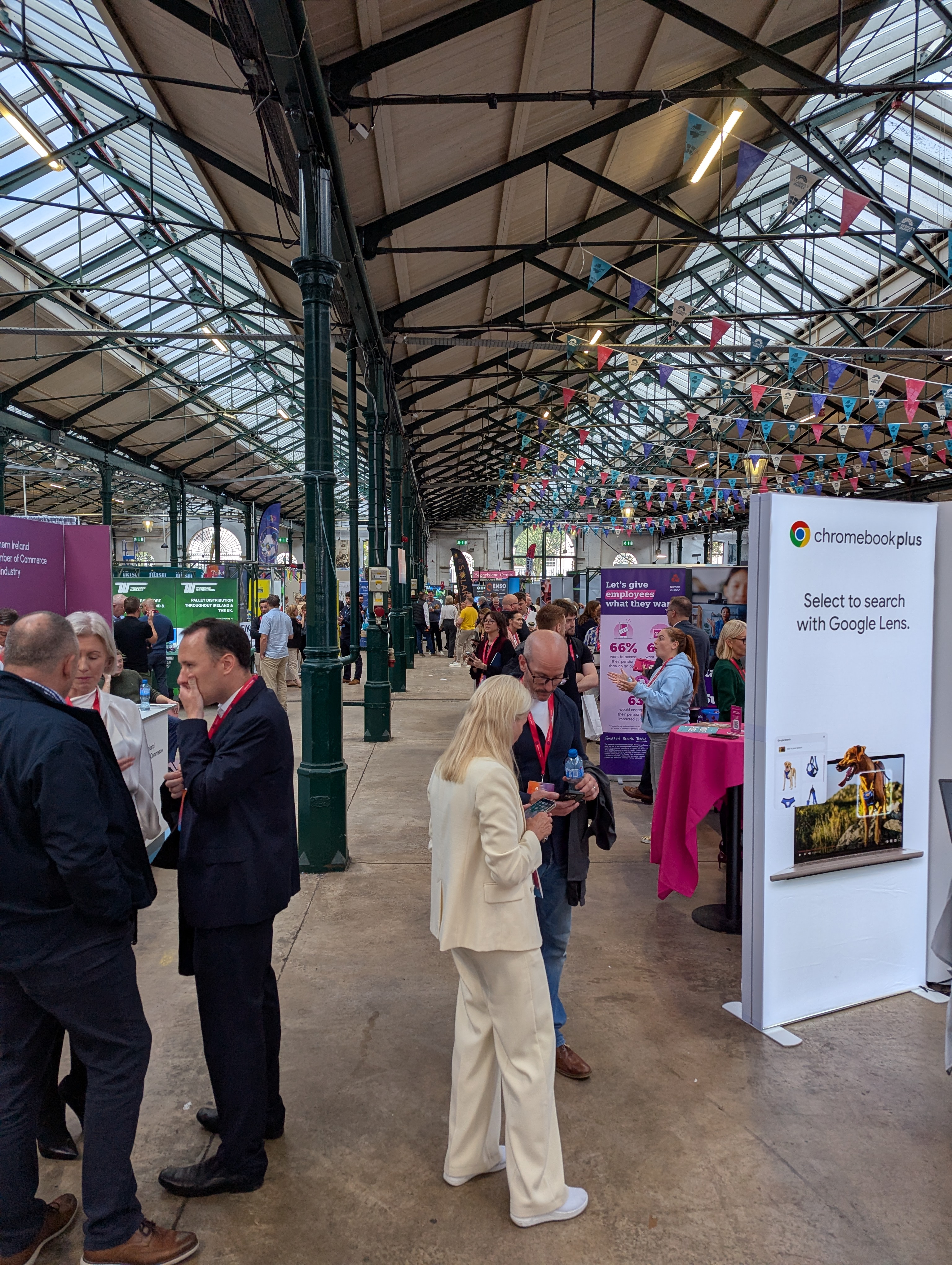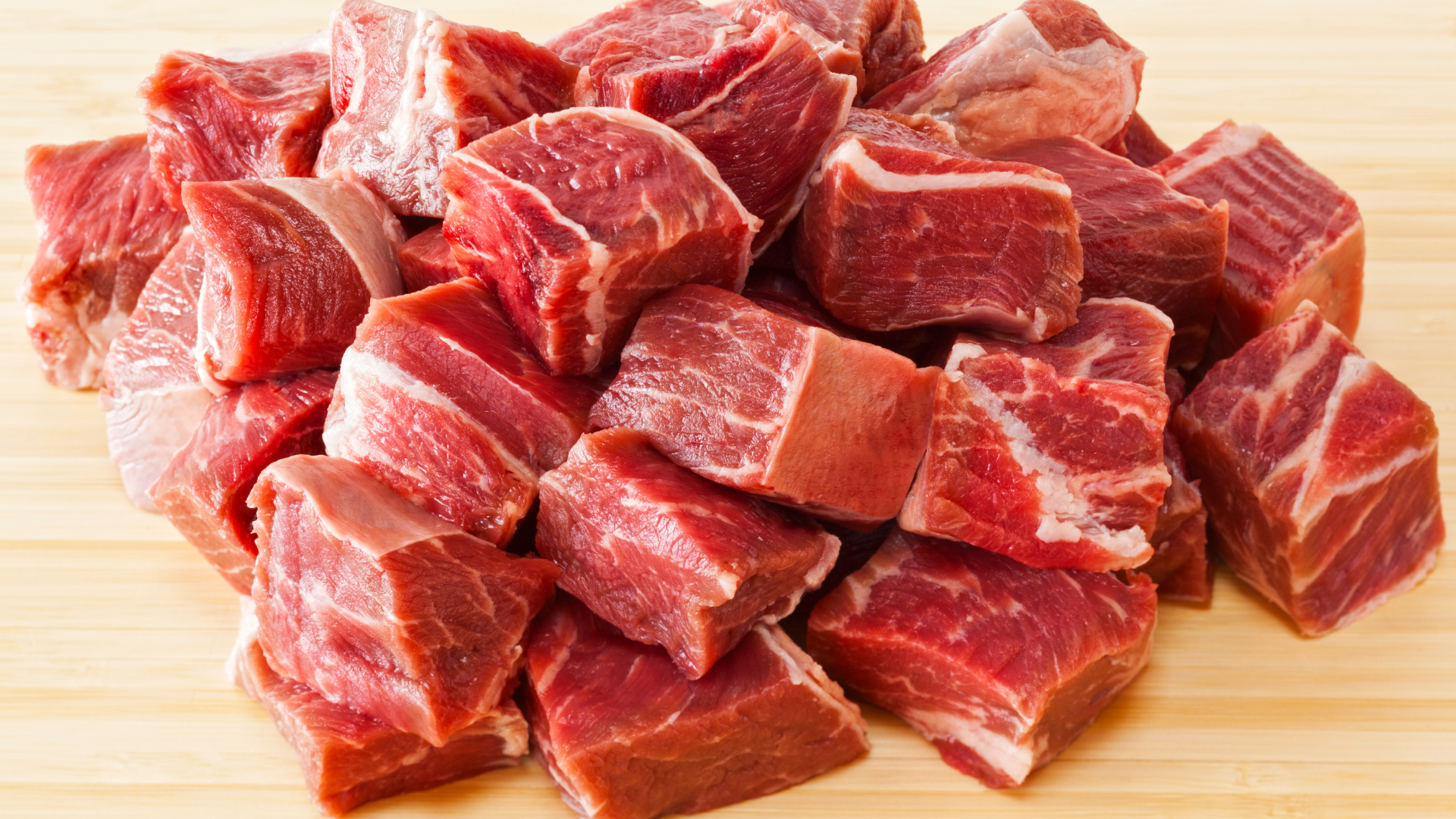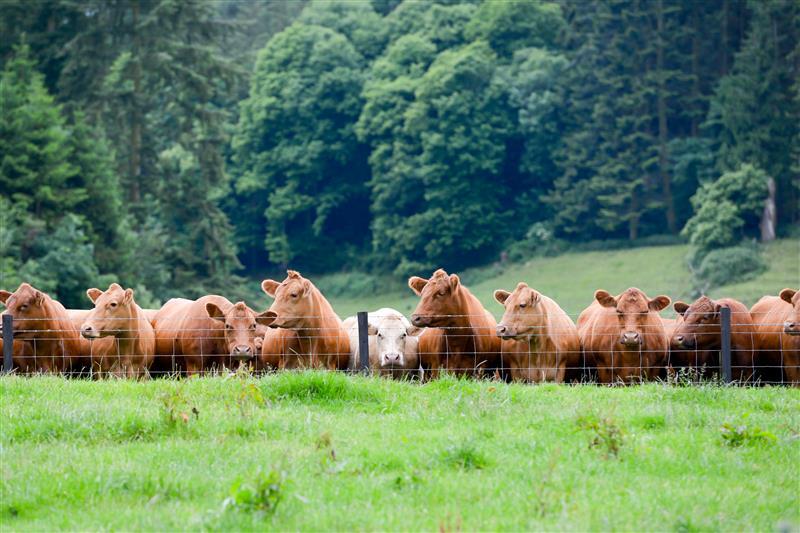On 27 June, the heads of Tesco, Asda, Morrisons and Sainsbury’s sat before the UK Government’s Business & Trade Committee to answer questions around food and fuel inflation and what they are doing to bring prices down.
Rhian Bartlett, Food Commercial Director, Sainsbury's; Kris Comerford, Chief Commercial Officer, Asda; David Potts, CEO, Morrisons; Gordon Gafa, Commercial Director, Tesco were the supermarket heads in the room. Here are the 5 top talking points from the session.
1. Food prices will continue to rise - just more slowly
Food price rises have now dropped to 8.7%. So while it is a drop, it the prices consumers pay will continue to rise. Each supermarket head was asked to account for the price rises. They blamed produce shortages, labour costs (Sainsbury's), structural challenges (Asda), the avian flu and an oversupply of pigs for rising food costs (Morrisons).
When asked about the egg shortage last year, Rhian Bartlett, Food Commercial Director, Sainsbury's, admitted that they primarily dealt with packers rather farmers, which caused problems in the UK supply chain. This meant they had to bring eggs from Italy.
2. Convenience stores are not stocking enough budget lines
A recent Which report claimed that some UK consumers lived in "food deserts," where they couldn't access a "decent range of cheap, healthy food" from the supermarkets smaller local outlets. The committee asked about this.
Gordon Gafa, Commercial Director at Tesco, the largest supermarket operator in the convenience space, said they assessed their Express prices on a weekly basis and had rolled out Clubcard discounts in this area last year. He did make the point that consumer brand loyalty often led to a need to stock branded items rather than cheaper own-brand products, but was happy to reassess if there was anywhere they weren't "getting it right".
Sainsbury's Food Commercial Director, Rhian Bartlett, said they stocked these stores according to the consumer mission - which according to their data was for lunchtime and dinner tonight shopping. They also stocked these stores according to their loyalty data.
David Potts, CEO, of Morrisons pledged to add more Savers items from their budget range into the McColls local stores, which Morrisons are currently bringing out of administration, to enter the local supermarket space.
3. There is a disparity in fuel prices across the UK
The four UK supermarkets at the committee – representing 44% of the forecourt share in the UK - committed to apply a more transparent model around pricing. This would be similar to the pumpwatch scheme in Northern Ireland, which currently makes fuel there on average significantly cheaper than the rest of the UK.
5. No one wants the introduction of a price cap for essential items
When asked directly if they would advocate for the introduction of food price caps on essential products such as baby milk, all four supermarket representatives were against it. Instead, they all believed that competition and self regulation were better options.
5. The delay around the HFSS legislation split the group
Discussing delays in the implementation of the recent HFSS legislation, Sainsbury’s expressed frustration at the slow roll out of the changes. The supermarket already no longer run multibuys in this areas, though the head of the committee did flag the fact they offered promotions on HFSS items to their loyalty customers. The rest of the panel said they were happy to follow the government timetable.
You can watch the entire session here.
.jpg)
Greer McNally
Greer has over 15 years’ experience writing about trends in the food and retail sectors. She lives in a little village by the sea in Northern Ireland and loves creating content that informs how people think about the food industry. A recent career highlight was interviewing the legend that is Dr Temple Grandin.
Stay up to date
Stay up to date
Browse Posts
- February 2026
- January 2026
- December 2025
- November 2025
- October 2025
- September 2025
- August 2025
- July 2025
- June 2025
- May 2025
- April 2025
- March 2025
- February 2025
- January 2025
- December 2024
- November 2024
- October 2024
- September 2024
- August 2024
- July 2024
- June 2024
- May 2024
- April 2024
- March 2024
- February 2024
- January 2024
- December 2023
- November 2023
- October 2023
- September 2023
- August 2023
- July 2023
- June 2023
- May 2023
- April 2023
- March 2023
- December 2022
- November 2022
- October 2022
- September 2022
- August 2022
- July 2022
- June 2022
- May 2022
- April 2022
- March 2022
- February 2022
- January 2022
- December 2021

/Blog%20Headers/shutterstock_1927957907%20(1).jpg)
/Blog%20Headers/shutterstock_1845178195%20(2).jpg)
/Blog%20Headers/shutterstock_2133827717%20(1).jpg)
/Blog%20Headers/shutterstock_2473376713.jpg)
/Blog%20Headers/shutterstock_2474442759.jpg)





.png)

/Blog%20Headers/Preparing%20for%20the%20EU%20Deforestation%20Regulation%20(EUDR)everything%20you%20need%20to%20knowjpg.jpg)
/Blog%20Headers/shutterstock_1834054435.jpg)
.png)
.png)
/Blog%20Headers/shutterstock_2498984931.jpg)


![[Infographic] Story of a hamper: understanding the traceability journey](https://blog.foodsconnected.com/hubfs/Blog%20Imagery%20(PI%20AUTOMATED)/Blog%20Headers/Story%20of%20a%20hamper%20understanding%20the%20traceability%20journey.jpg)